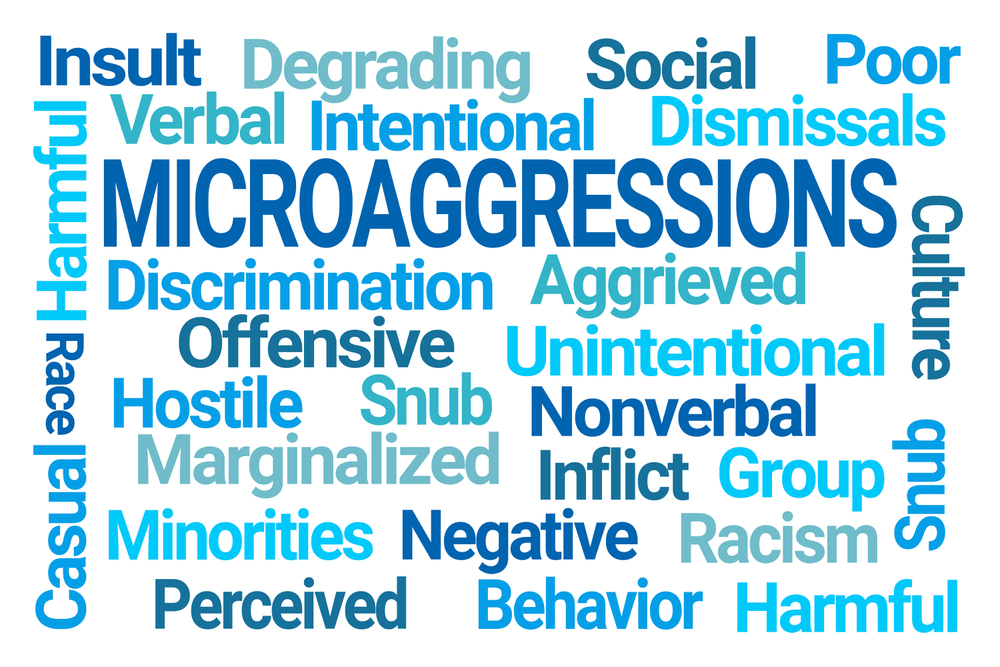So, recently I was at a crowded cafe typing emails, quite literally rubbing elbows with two people sitting beside me. I heard one word that really caught my attention; a word that due to my profession was impossible to ignore … it was nepotism.
“They don’t respect me, Mom. I have no authority over them because I’m just the boss’ daughter. And you know what? Sometimes I think they’re right! How do I let them know I belong there not because of who you are but because of what I can do?”
“No one remembers how you got a chance, they only remember what you did with it.” ― Stewart Stafford
I gleaned that this daughter has been placed in a powerful position within her mother’s company. She feels isolated, uncomfortable and lacks confidence when it comes to those she manages. Her mother assured her that she has generated a broader demographic in terms of clientele, and has increased sales since being hired. Still, I could see the wincing doubt on the daughter’s face.
The mother continued, “Trust me, you were picked because I recognize how intelligent and determined you are. Why wouldn’t I place you as a supervisor? Who else could I entrust with this kind of responsibility? I know your moral character, I’ve watched you develop a strong work ethic, and most of all, I believe in your loyalty and ability to grow this business with me. You have a real investment in making my company a success. Why should you be ashamed of that?”
I sipped my green tea and smiled. This mother respects her daughter and it was encouraging to see two generations of professional women creating a fruitful business together. So, why couldn’t this daughter feel the pride reflected in her mother’s eyes? For one, it’s evident that she is sensitive about the notion that other employees may be resentful of her, mainly because of the problematic nature of workplace nepotism. Anecdotally, most of us know where friends and family have been treated favourably within a workplace because of their personal relationships with people of influence. With that said, it’s almost impossible to put a number to the prevalence of nepotism. The statistics and research are scant.
“Nepotism – We promote family values here almost as often as we promote family members” – Larry Kersten
Under most circumstances when a supervisor hires a loved one, the screening and/or interview process is usually non-existent if not overtly biased. The loved one’s performance tends to be less scrutinized. Furthermore, it would be more difficult to demote or fire a relative over someone you’ve only known from a payroll sheet. Yet, in that quaint café, I still leaned into that conversation feeling hopeful for this mother and daughter corporate duo. If the daughter truly is a competent worker, and one who genuinely cares about making a valuable contribution to those who she oversees, then doesn’t she deserve the opportunity to help her mother’s business?
My answer is yes, as long as it is practiced with objectivity and fairness. For some context on what this fairness looks like, here’s some guidance. As with all details that pertain to employment law, contracts I recommend that you seek legal advice from a licensed professional.
Here are five things to consider before hiring a family member or close friend:
- How close are you to this person? Are you willing to dismiss them if their performance is poor? If the answer is no you are vulnerable to creating unfair, unequal work practices within your organization.
- How large is your staff? Is this a small family-owned business? If it’s a larger company would hiring relatives be seen as blatant favouritism?
- Is this family member or close friend educated or experienced in the field for which you are hiring? If not, the likelihood of their long-term commitment to the job is not promising.
- Have you been thorough and accurate with placing your existing staff in the right positions; have you exhausted their potential for future promotions?
- Contemplate how you will distinguish your work versus a personal relationship with this relative or close friend. If you feel this might negatively overlap from the professional realm into the private it may be wise to not fuse these two contexts.
If you have HR or career-related matters that you’d like to discuss, please contact me by email, phone, or via direct message on Twitter, Facebook, or LinkedIn. I’m available if you’d like to discuss any of these topics in more detail.
More than career coaching, it’s career psychology®.
I/O Advisory Services – Building Resilient Careers and Organizations.™
Easily share this article using any of the social media icons below.





